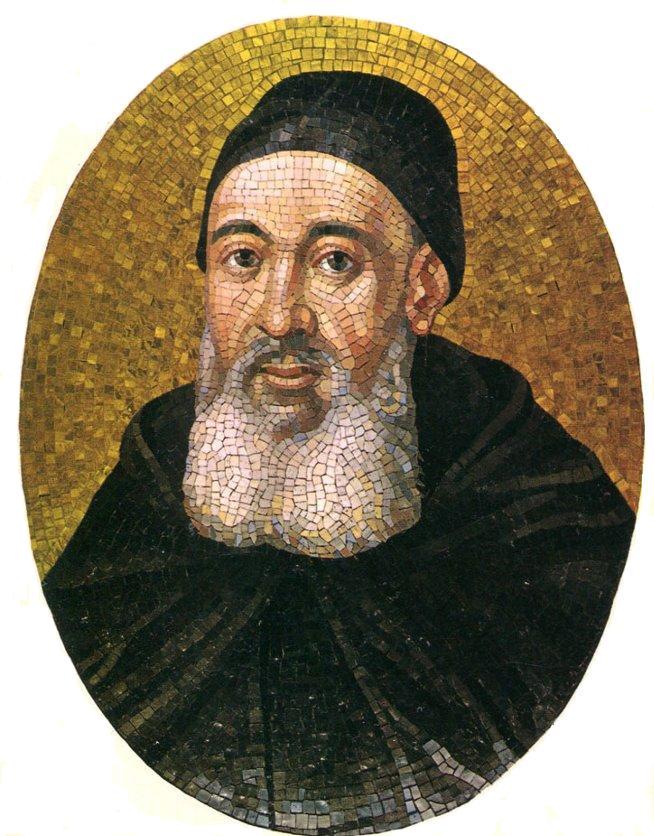Mkhitar Sebastatsi: A Visionary Armenian Educator and Founder of the Mekhitarists
Mkhitar Sebastatsi, also known as Mekhitar of Sebaste, was a prominent Armenian theologian, scholar, and educator who lived from 1676 to 1749. As the founder of the Mekhitarist Congregation, Mkhitar Sebastatsi’s work has had a lasting impact on Armenian culture, literature, and education. Through his vision and efforts, Mkhitar Sebastatsi ensured the preservation and promotion of Armenian heritage for future generations.
Early Life and Education
Mkhitar Sebastatsi was born in Sebaste, Ottoman Empire (present-day Sivas, Turkey) in 1676. He received his early education from Armenian priests in his hometown and later studied under the guidance of prominent scholars in Etchmiadzin, the spiritual center of the Armenian Apostolic Church. Mkhitar Sebastatsi’s educational background included theology, philosophy, and various languages, which would later influence his educational and cultural pursuits.
Founding of the Mekhitarist Congregation
Mkhitar Sebastatsi sought to establish a monastic order that would contribute to the spiritual and intellectual revival of the Armenian people. In 1701, he founded the Mekhitarist Congregation on the Greek island of Methoni. Over time, the congregation moved to Modon and eventually settled in Venice, where Mkhitar Sebastatsi established the Armenian Catholic Monastery of St. Lazarus in 1717.
The Mekhitarist Congregation’s primary goals were the preservation and promotion of the Armenian language, literature, and culture, as well as the development of Armenian education. The congregation has made significant contributions in these areas, thanks to Mkhitar Sebastatsi’s vision and leadership.
Contributions to Armenian Culture and Education
Mkhitar Sebastatsi’s impact on Armenian culture and education is profound, and his achievements include:
- Armenian Language: Mkhitar Sebastatsi played a crucial role in preserving the Armenian language by creating dictionaries, grammar books, and linguistic studies. He also worked on translations of foreign literature, expanding the knowledge and understanding of the Armenian-speaking community.
- Literature: Mkhitar Sebastatsi authored numerous works, including biblical commentaries, philosophical treatises, and theological studies. His writings have had a lasting influence on Armenian intellectual thought and have inspired many scholars and writers.
- Education: Mkhitar Sebastatsi was a strong advocate for education and emphasized its importance for the spiritual and intellectual development of the Armenian people. Under his leadership, the Mekhitarist Congregation established numerous schools and educational institutions that have played a vital role in preserving and promoting Armenian identity.
- The Mekhitarist Congregation: Mkhitar Sebastatsi’s legacy lives on through the Mekhitarist Congregation, which has continued to contribute to Armenian culture, literature, and education for over three centuries.
Mkhitar Sebastatsi was a visionary Armenian scholar and educator whose work has had a lasting impact on Armenian culture, literature, and education. As the founder of the Mekhitarist Congregation, his contributions to the preservation and promotion of Armenian heritage have been invaluable. Mkhitar Sebastatsi’s legacy continues to inspire and guide future generations of Armenians, ensuring that their rich cultural heritage remains celebrated and cherished.

